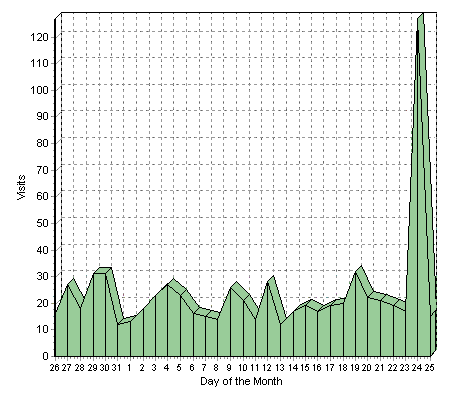Question of the Week
Monday, April 30th, 2007A reader has written in with an ethical dilemma. Since he has requested to remain anonymous, we will refer to him as “Busy in the Big Apple.”
Dear Shakespeare Teacher,
My wife and I enjoy attending summer performances of Shakespeare in the Park. As you know, while the tickets are distributed free of charge, patrons must wait in line – usually for several hours – for two seats each. Since I work near Central Park and have the flexibility to take an extended lunch hour, the waiting typically falls to me.
Last summer, though, I came up with a different idea, something I like to think of as a new paradigm. I hired the vagrant who panhandles in front of my office building, and whom I occasionally patronize, to go to the park, wait in line for about three hours, and pick up two tickets. I offered him $20 and carfare. He agreed and brought back the tickets. I paid him and threw in a five dollar bonus. I thought the scheme was a win-win. The panhandler earned some honest money, my work productivity was enhanced, and my wife and I enjoyed an outstanding performance of Macbeth.
Not until after the play, though, did I reveal to my wife how I had obtained the tickets. She was horrified. She says that I cheated two other theatergoers and took advantage of a needy person, most likely enabling any substance abuse habit he may have. I understand her arguments, but I must demur. Friends tell me that wealthy donors get free tickets to Shakespeare in the Park without the wait. I’d rather subsidize a down-and-outer, whom I see as master of his own destiny.
Summer is fast approaching, as my co-conspirator reminds me almost every day. My wife and I have agreed to turn the issue over to you and your readers, lovers of the Bard as they must be. If you validate my approach, I will go the same route this summer as last. If not, I’ll grab a folio and head for the hawthorn-brake.
What should they do?
